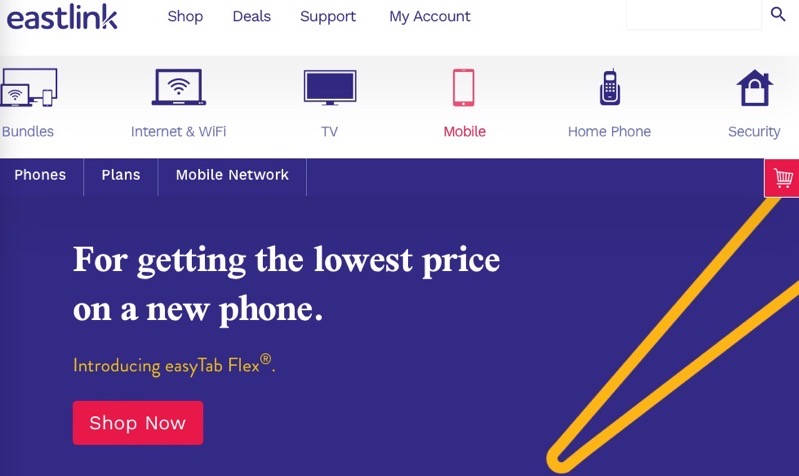
Telus and Bell Urge CRTC to Not Regulate Roaming Fees [u]

At the end of August, the CRTC asked Canadian wireless carriers to submit details of their wireless roaming rates by September 27, as the regulator considers regulation. The Globe and Mail shares more information on the stance of the Big 3 carriers, specifically Telus and Bell in their case urging the CRTC to not regulate wireless roaming fees.
Bell’s submission said it believed the CRTC’s information requests may be considered as “without legal foundation” and also stressed re-regulation “will inevitably reduce choice for consumers.” An excerpt of their submission is below, which argues Big 3 data roaming rates in the USA are cheaper than what other international providers would pay here:
“The rates paid today by Canadians roaming in the U.S. and internationally are in line with and in many cases lower than the rates paid by Americans roaming in Canada,”
“For example, subscribers of Bell Mobility, Telus, and Rogers each pay lower pay-per-use rates for data roaming in the U.S. than subscribers of AT&T and T-Mobile pay for data roaming in Canada, and lower rates for data roaming in the UK, France, China, or Japan than subscribers of AT&T, Verizon, or T-Mobile.”
“The cost of U.S. roaming for consumers continues to fall and the introduction of mandated device unlocking and data roaming caps will give consumers more competitive options and more control over their expenditures,”
Telus went on to argue the CRTC does not have the authority to regulate U.S. roaming rates as it’s outside their jurisdiction:
“It is also important to note that retail roaming rates for customers when roaming in the United States are set based on the wholesale roaming arrangements that Canadian carriers, including Telus, have negotiated with U.S. roaming partners. Those arrangements pertain to services provided in the United States, and are therefore outside the purview and jurisdiction of the Commission,”
“It would be problematic if U.S. retail roaming rates were subject to Commission rate regulation because the underlying wholesale rates are beyond the jurisdiction of Commission regulation.”
WIND Mobile’s submission took a jab at the Big 3 and their policy of locked handsets which prevents users from leaving networks, which affects their sign ups:
“We note that a number of international/US carriers have roaming agreements with Wind Mobile that enable roaming on the Wind Mobile network. Unfortunately, the Canadian incumbent wireless carriers often attempt to lock carriers into the steering of roaming to the incumbent networks, making it very difficult for WIND Mobile to attract inbound roamers,”
Bell reduced their US roaming rates by 50% on September 17 while Telus did a similar move on the 27th; many suspected these changes were made prior to the CRTC information request deadline.
Canadians with unlocked iPhones have been using alternatives when roaming in the U.S., either by purchasing local SIM cards for local rates or using services from Vancouver-based Roam Mobility, which offers lower rates compared to incumbent prices.
Do you think wireless roaming rates should be regulated by the CRTC?
Update: The story has been updated at the request of Rogers, as they informed us to clarify they are not part of this CRTC article in the Globe and Mail. We’ve reached out for further comment and the company’s stance on roaming fee regulation:
Rogers did not urge the CRTC not to regulate. We aren’t in the story from the Globe and Mail.

